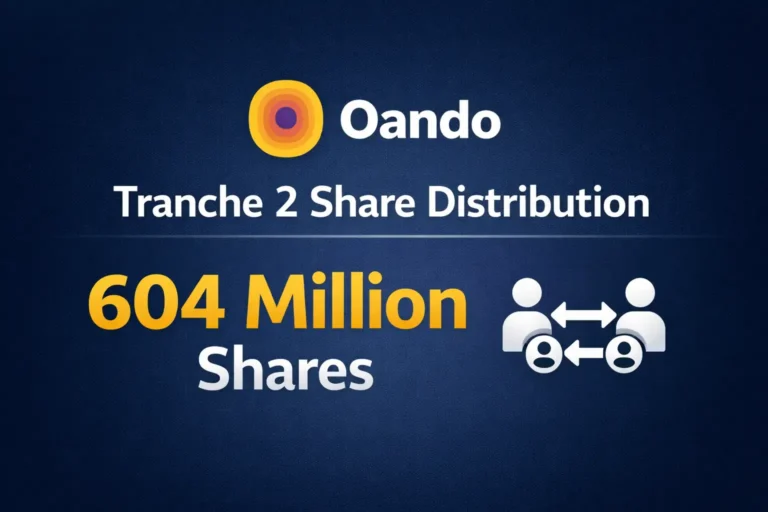On June 13, 2025, Israel launched precision strikes on Iran’s nuclear and military facilities, triggering Iran’s retaliatory missile attacks. This escalating Middle East conflict has jolted global markets, with Brent crude surging 13% to $77 a barrel—the highest in nearly five months. As tensions rise over 2,000 miles away, Nigeria, Africa’s top oil exporter, faces both opportunities and risks.
Oil’s Double-Edged Sword
Nigeria could see a windfall if oil prices hit $130 per barrel, as some analysts predict. Reserves might climb past $40 billion, easing borrowing pressures and supporting the naira. Yet, as a nation reliant on imported refined petroleum, higher crude prices could push petrol costs above ₦1,000 per litre. With inflation already high, this would spike transportation, food, and electricity costs, hitting households and businesses hard.
Global Trade Disruptions
The conflict threatens global trade routes, a concern for import-dependent Nigeria. Supply chain disruptions could drive up prices for goods, further weakening the naira and fueling inflation. Any prolonged instability risks amplifying these economic pressures.
Loss of Investor Confidence
Global uncertainty has markets on edge, eroding investor confidence. For Nigeria, this could mean capital flight, higher borrowing costs, and dimmer growth prospects as cautious investors pull back from emerging markets.
A Wild Card for Nigeria
The Israel-Iran clash is a double-edged sword. Soaring oil revenues could offer a lifeline, but crippling inflation, trade hiccups, and investor retreat could turn potential gains into significant pain. Nigeria’s economic fate hangs in the balance as the conflict unfolds.

























